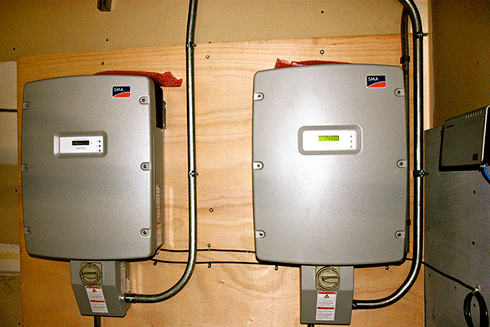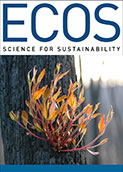
|
Published: 4 August 2014
Google’s global search for a smarter ‘little box’
Google’s Little Box Challenge is an open competition to invent and build a small working power inverter for solar and other forms of renewable energy. The prize of $1 million will be announced in January 2016.

|
|
Household and small business inverters are roughly the size of a picnic basket. Credit: Lester Public Library under CC BY-NC-SA 2.0
|
Inverters take direct current from devices such as solar panels and batteries, and turn it into alternating current for use in homes, businesses and cars.
Household inverters are roughly the size of a picnic basket. Little Box Challenge inverters need to be roughly the size of a laptop – at least a tenfold volume reduction.
Google believes that making them smaller will enable more solar-powered homes, more efficient distributed electrical grids, and could help bring electricity to remote areas.
Entrants are being asked to design and build a 1-kilowatt-minimum power inverter with a power density of at least 50 watts per cubic inch. This is enough to fuel, for example, some lights and a box fan.
Google has previously announced that through its subsidiary Google Green, it has committed over $1 billion to wind and solar projects capable of generating more than 2 gigawatts of power in total.
Most of these projects are in the USA, but in 2011 the company made its first international investment taking out a 49 per cent equity stake in a recently completed solar facility in Brandenburg, Germany. The plant, one of the largest in Germany, has peak capacity of 18.65 MW and will generate as much energy as that used in more than 5000 homes.
Applicants to the Little Box Challenge must register by September 2014 and submit their ideas by July 15 of 2015. Eighteen finalists will be chosen, before the grand prize winner is announced in January 2016.
For more information, visit the Little Box Challenge website.
Source: Google



